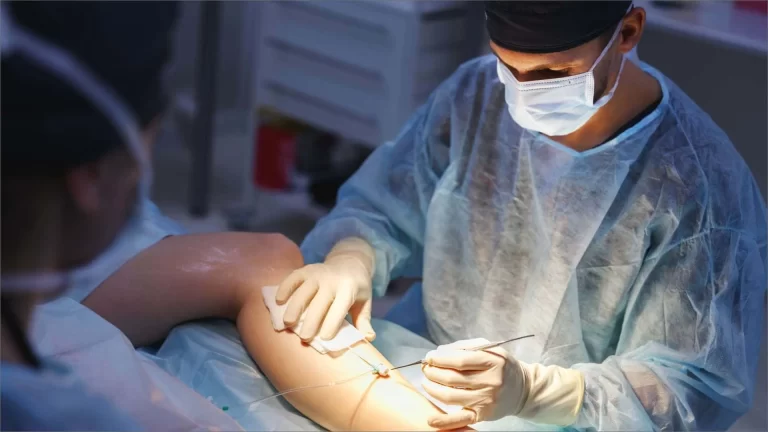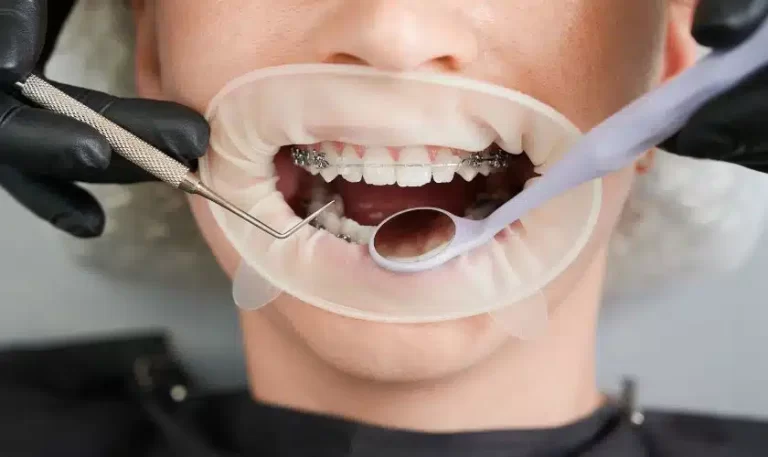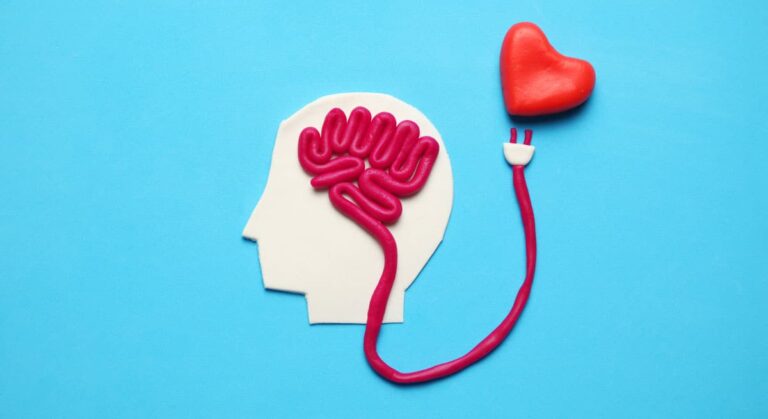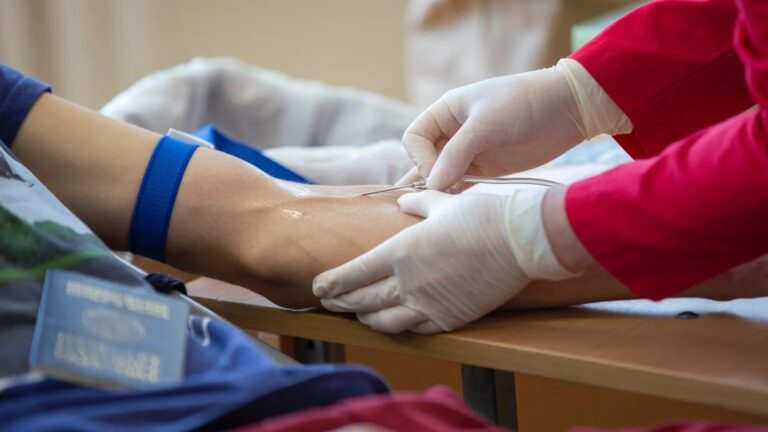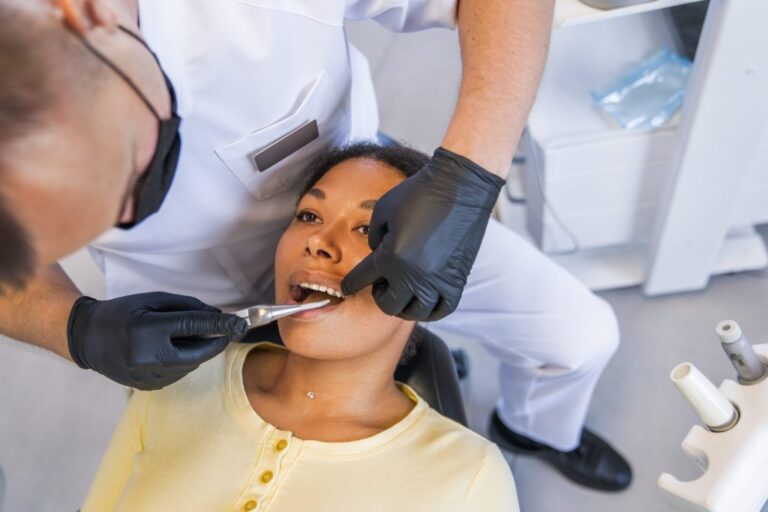Key Takeaways:
- Plasma donation is crucial for saving lives and treating various medical conditions.
- Plasma is extracted through a safe and regulated process called plasmapheresis.
- Donating plasma can benefit the donor’s health by stimulating blood cell production and promoting cardiovascular health.
- Preparing for a plasma donation involves hydrating, avoiding caffeine and alcohol, eating a balanced meal, and getting enough sleep.
- During a plasma donation session, donors undergo registration, medical screening, plasma collection, and monitoring, and receive refreshments after.
- After donation, donors should hydrate, eat nutritious meals, avoid intense physical activity, and listen to their bodies for any unusual symptoms.
- Donated plasma is used in treating hemophilia, managing immunodeficiency disorders, and assisting burn victims.
- Plasma donation has positively impacted the lives of individuals worldwide, providing hope and recovery.
- Plasma donation contributes to a healthier world and helps meet the increasing global demand for plasma-derived medications.
- Financial compensation, loyalty programs, and perks are some of the benefits of plasma donation.
- Besides financial benefits, plasma donation provides a sense of fulfillment, community support, and regular health check-ups.
1. The Science Behind Plasma Donation
Understanding Plasma and its Lifesaving Capabilities
Plasma, often referred to as “the liquid gold,” is a vital component of blood that plays a crucial role in maintaining overall health and saving lives. It is the yellowish, straw-colored liquid that makes up about 55% of the total blood volume in our bodies, carrying nutrients, hormones, and proteins to various parts of the body.
Plasma also contains antibodies, which are essential for our immune system to fight off infections and diseases. Donating plasma can help individuals who have immunodeficiency disorders or have undergone certain medical treatments that deplete their plasma levels.
Most importantly, plasma donation is a lifesaver for patients with serious medical conditions such as immune deficiencies, respiratory disorders, and clotting disorders. Plasma-derived medications made from donated plasma can treat these conditions and improve the quality of life for patients.
The Science of Plasma Extraction: How it Works
Plasma donation involves a process called plasmapheresis, which separates plasma from the other blood components such as red blood cells, white blood cells, and platelets. It is a safe and well-regulated procedure conducted in specialized plasma collection centers.
During the donation process, a needle is inserted into a vein, usually in the arm, and the blood is drawn and then passed through a centrifuge that separates the plasma from the other components. The plasma is collected while the remaining blood components are returned to the donor’s body.
The entire process takes about 90 minutes on average, and the collected plasma is carefully tested, processed, and purified before being used to create essential medications that save countless lives.
Unveiling the Benefits of Plasma Donation for the Donor’s Health
While the primary motivation for plasma donation may be helping others in need, there are several health benefits for the donors as well. Donating plasma can stimulate the body to produce fresh blood cells, boosting overall blood circulation and enhancing cardiovascular health.
Furthermore, during the donation process, the donor receives a thorough medical screening, including tests for blood pressure, cholesterol levels, and infectious diseases. This regular health checkup can help individuals stay proactive in managing their health and catch any potential issues early on.
Moreover, many donors report feeling a sense of fulfillment and joy from knowing that their contribution is making a significant difference in the lives of others. The act of selflessly giving back can improve mental well-being and foster a sense of community and belonging.
2. Orem’s All-Inclusive Guide to Plasma Donation
How to Prepare for a Plasma Donation Appointment
Getting ready for a plasma donation appointment, whether to donate plasma in Orem or elsewhere, is straightforward yet crucial for a seamless experience and to make the most of your contribution. Here’s what you need to do to get ready:
- Hydrate yourself well by drinking plenty of fluids, especially water, in the 24 hours leading up to your appointment. This will help keep your blood volume at optimal levels.
- Avoid caffeine and alcohol for at least 24 hours before donation, as they can dehydrate you and affect the quality of your plasma.
- Eat a healthy, balanced meal a few hours before your appointment to maintain your energy levels during the donation process.
- Get a good night’s sleep before your appointment to ensure you are well-rested.
What to Expect During a Plasma Donation Session
Arriving at the plasma donation center, you will be greeted by friendly and experienced staff who will guide you through the process. Here’s what you can expect during a plasma donation session:
- Registration: You will be asked to provide identification and complete some paperwork.
- Medical Screening: A trained medical professional will review your medical history and perform a brief physical examination to ensure you are eligible to donate.
- Plasma Collection: Once approved, you will be comfortably seated in a reclining chair. A sterile needle will be inserted into your arm, and the donation process will begin.
- Monitoring: Throughout the donation, your vital signs, such as blood pressure and pulse, will be regularly monitored by the staff to ensure your safety.
- Refreshments: After the donation, you will be provided with refreshments and a chance to rest before leaving.
Post-Donation Care and Recovery Tips
After donating plasma, it is essential to take care of yourself to aid in a speedy recovery. Follow these post-donation care tips:
- Hydrate: Drink plenty of fluids, especially water and electrolyte-rich beverages, to replenish the fluids lost during the donation.
- Eat Nutritious Meals: Consume a well-balanced diet that includes lean proteins, fruits, vegetables, and whole grains to support your body’s healing process.
- Avoid Intense Physical Activity: Avoid heavy lifting and strenuous exercise for at least 24 hours to allow your body to recover fully.
- Listen to Your Body: If you experience any discomfort or unusual symptoms after donation, contact the plasma donation center or seek medical advice.
3. Making a Difference: Impacting Lives Through Plasma Donation
Exploring the Life-Saving Uses of Donated Plasma
Donated plasma is used in various critical medical treatments and therapies, making it a life-changing contribution. Some of the life-saving uses of donated plasma include:
- Treating Hemophilia: Plasma-derived clotting factors are used to control bleeding in individuals with hemophilia, a genetic disorder that impairs the body’s ability to form blood clots.
- Managing Immunodeficiency Disorders: People with immunodeficiency disorders lack essential antibodies, which can be replenished by plasma-derived immunoglobulins obtained from donated plasma.
- Treating Burn Victims: Plasma-derived medications are used to replace lost fluids and vital proteins in burn victims, aiding in the healing process and preventing infection.
Stories of Thanks: How Plasma Donation Has Changed Lives
Plasma donation has touched the lives of countless individuals around the world. Here are a few inspiring stories of gratitude and transformation:
- Sarah’s Journey to Recovery: Sarah suffered from a rare autoimmune disorder that left her weak and susceptible to infections. Thanks to plasma donations and the medications derived from them, she regained her strength and regained control of her life.
- Michael’s Battle with Hemophilia: Michael was born with hemophilia and faced frequent bleeding episodes that posed a threat to his life. Plasma-derived clotting factors saved him from life-threatening bleeds, allowing him to lead a fulfilling life.
- Aid for Disaster Victims: During times of crisis, such as natural disasters or pandemics, donated plasma plays an integral role in providing life-saving treatments to those affected.
The Global Need for Plasma: Contributing to a Healthier World
Plasma donation is not only essential on an individual level but also on a global scale. The demand for plasma-derived medications is increasing, as more people benefit from their life-saving properties. By contributing to the global pool of donated plasma, you are helping create a healthier world and giving hope to those in need, regardless of borders and boundaries.
4. Incentives and Perks: Rewards for Generous Donation
Earning Extra Income: Financial Benefits of Plasma Donation
One of the significant benefits of plasma donation is the financial compensation that donors receive for their time and contribution. While the exact amount may vary depending on the donation center and location, plasma donors can earn approximately $20 to $50 per donation. This extra income can be a valuable resource for individuals and families.
Understanding Loyalty Programs and Special Rewards
Many plasma donation centers offer loyalty programs and special rewards to encourage regular donations. These programs often include tiered reward systems where donors can earn additional compensation and perks based on the frequency and consistency of their donations. Some centers also run promotional campaigns and giveaways to show appreciation for their donors.
Advantages Beyond Money: Other Perks of Plasma Donation
Aside from financial compensation, plasma donation offers benefits that go beyond monetary rewards:
- Saving Lives: The knowledge that your donation is potentially saving lives and improving the health of others can be a significant source of personal fulfillment and satisfaction.
- Community Support: Plasma donation centers often create a sense of community among donors, providing opportunities to connect with like-minded individuals who share the same passion for helping others.
- Health Check-Ups: The thorough medical screening and regular health check-ups during the donation process can help donors stay on top of their health and detect any potential issues early on.
By contributing to the power of plasma donation, you are not only benefiting others but also enriching your own life in numerous ways.
FAQ
Question: What is plasma?
A: Plasma is the yellowish, straw-colored liquid that makes up about 55% of the total blood volume in our bodies. It carries nutrients, hormones, proteins, and antibodies to various parts of the body.
Question: How is plasma extracted?
A: Plasma is extracted through a safe and regulated process called plasmapheresis. During plasmapheresis, a needle is inserted into a vein, and the blood is drawn and passed through a centrifuge to separate the plasma from other blood components.
Question: What are the benefits of plasma donation for the donor’s health?
A: Donating plasma can stimulate the body to produce fresh blood cells, boost overall blood circulation, and enhance cardiovascular health. Additionally, donors receive regular health check-ups during the donation process.
Question: How do I prepare for a plasma donation appointment?
A: To prepare for a plasma donation appointment, hydrate yourself well, avoid caffeine and alcohol, eat a balanced meal, and get a good night’s sleep before your appointment.
Question: What can I expect during a plasma donation session?
A: During a plasma donation session, you will undergo registration, medical screening, plasma collection, monitoring of vital signs, and receive refreshments afterward.
Question: How should I take care of myself after donating plasma?
A: After donating plasma, it is crucial to hydrate, eat nutritious meals, avoid intense physical activity, and listen to your body for any unusual symptoms.
Question: What are some of the uses of donated plasma?
A: Donated plasma is used in treating hemophilia, managing immunodeficiency disorders, and assisting burn victims.
Question: What are the benefits of plasma donation besides financial compensation?
A: Besides financial compensation, plasma donation provides a sense of fulfillment, community support, and regular health check-ups.


